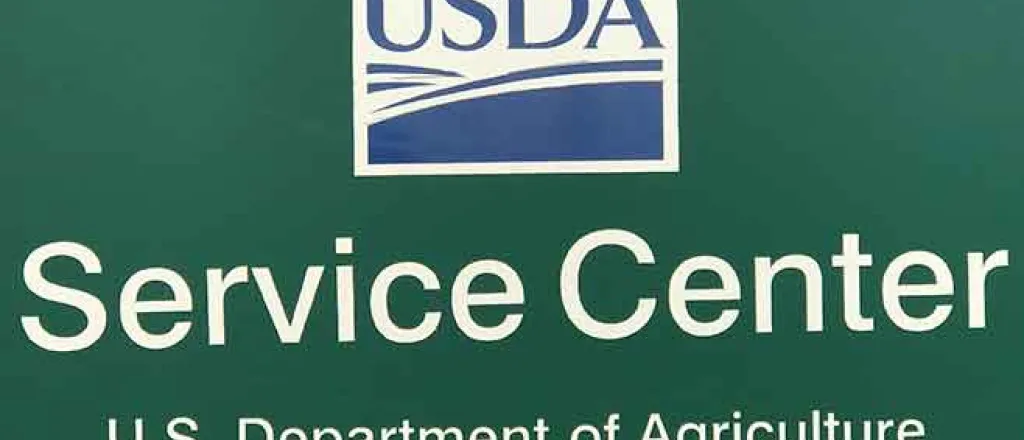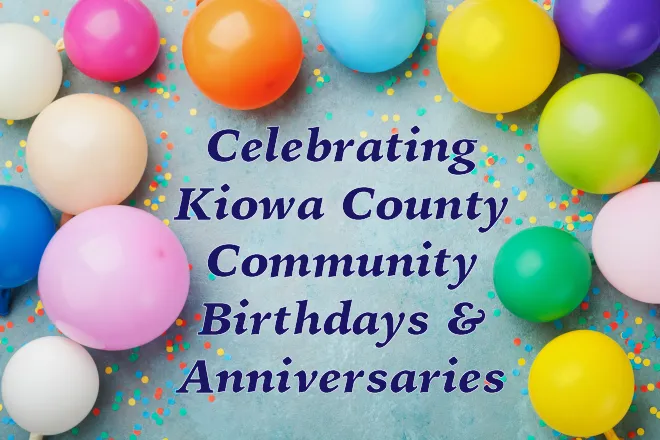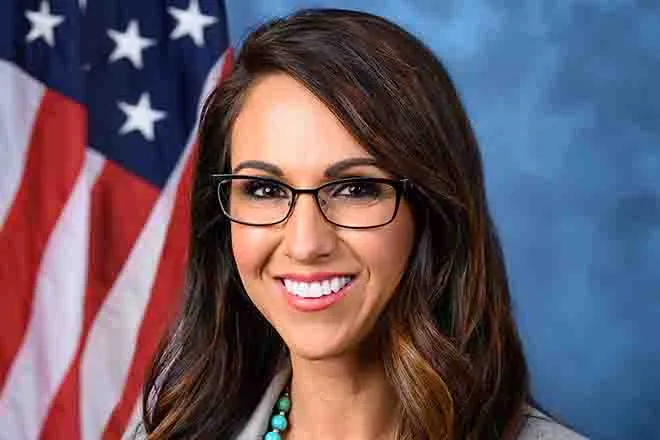
USDA Update – April 27, 2021
IMPORTANT DATES TO REMEMBER:
- CRP General CRP signup #56 – Read information below
- CORONAVIRUS FOOD ASSISTANCE PROGRAM – Signup reopened April 5th for at least 60 days.
- CRP EMERGENCY GRAZING AVAILABLE – Contact the FSA Office if interested.
- PRIMARY NESTING SEASON - March 15 - July 15
Disclaimer: Information in this UPDATE is pertinent to Kiowa County FSA only. Producers reading this and that do not have FSA interest in Kiowa County are advised to contact their local FSA Office.
THE USDA SERVICE CENTER HAS A DROP BOX AVAILABLE ON THE EAST SIDE OF THE BUILDING.
CRP CHANGES
FSA Offices received notification last week that the changes to CRP signup for contracts expiring in September 30, 2021 have been announced. The office DOES NOT have all the information needed to take an offer at this time, as there will be changes to software that will need to take place before an offer can be accepted. The office is scheduled to have preliminary training regarding the changes beginning this week. At this point, we ask that producers please DO NOT call the office to ask questions regarding change to the CRP program. FSA employees have not received any training on the changes; please know that once the employees know more details, we will be contacting producers with expiring contracts.
CRP, ‘what’s new?’ USDA Fact Sheet was made public late last week and the contents are below
UPDATE | BENEFIT | |
OVERALL | Increase collaboration with partners and other USDA agencies on projects to monitor, measure, and verify the climate benefits, and environmental performance of CRP. | Improves environmental benefit estimates of CRP Increases program effectiveness by informing science-based program policy changes. |
Increase technical assistance capacity through the Natural Resources Conservation Service (NRCS). | Enables producers to plan and implement conservation practices that are appropriate for their needs. | |
|
| |
CRP GENERAL | New Climate-Smart Practice Incentive to incentivize practices that sequester carbon, reduce emissions. | More land enrolled, using practices that maximize benefits for climate mitigation. |
Additional one-time, 10 percent “inflationary” adjustment for the life of the contract. | Increases program payments to encourage more land enrollment. | |
Adjustment of county rental rates, upward or downward, using a soil productivity index range of 50-150 percent of the county rental rate. |
Increases program payments to encourage more land enrollment | |
|
| |
CRP CONTINUOUS | New Climate-Smart Practice Incentive to incentivize practices that sequester carbon, reduce emissions. | More land enrolled, using practices that maximize benefits for climate mitigation. |
Add a one-time, 10 percent “inflationary” adjustment for the life of the contract. | Increases program payments to encourage more land enrollment. | |
Allow for the adjustment of county rental rates, upward or downward, using a soil productivity index range of 50-150 percent of the county rental rate. |
Increases program payments to encourage more land enrollment | |
Increase Water Quality Incentive from 10 to 20 percent for water quality benefiting practices | More land enrolled, using practices that maximize benefits for water quality. | |
Move State Acres for Wildlife Enhancement (SAFE) Practices from the CRP general signup to the CRP continuous signup. | Improves attractiveness of wildlife practices, including extending the signup to year-round, thus more habitat. | |
Make Highly Erodible Land Initiative (HELI) Practices available in both the CRP continuous and general signups. | Improves attractiveness of program by extending the signup to year-round, thus more land enrolled for natural resource benefits. | |
|
| |
CRP GRASSLANDS |
Establish a CRP Grassland minimum rental rate of $15. | Returning to this minimum rate would benefit 1,347 counties that are currently under the $15 minimum. |
Establish National Grassland Priority Zones. |
Increase enrollment of grasslands in migratory corridors and environmentally sensitive areas. | |
|
| |
PILOTS | Hold a second signup for the Soil Health and Income Protection Program (SHIPP), incentivizing producers to plant vegetative cover on less productive croplands for 3 to 5 years. |
More land with short-term cover leads to healthier soil and better carbon sequestration. |
Expand the Clean Lakes, Estuaries and Rivers 30-year contracts (CLEAR30) to be nationwide. Previous pilots were in the Chesapeake Bay and Great Lakes regions. | Pilot expansion enables producers across the nation to enter into these long-term contracts and implement practices important to water quality. | |
REPORTING FAILED 2021 WHEAT ACRES
The article below has been in the UPDATE for the past weeks, however this applies only to acreage that was timely planted with an intent to harvest. Producers who are requesting failed acreage credit must prove to the COC’s satisfaction that:
- the crop was planted with the intent to harvest using farming practices consistent for the crop and area
and
- the crop failed because of disaster – related conditions and was not a management decision.
FSA won’t advise producers on whether the acres should be reported as failed acreage, but will require documentation to substantiate the request for failed acreage credit.
FSA encourages producers to contact their insurance agent with questions regarding insurability and destruction of crops.
The FSA Office is beginning to receive notification from producers that crop insurance has released some or all planted crop year 2021 wheat acres. In Kiowa County, the office will NOT process any requests for failed wheat acres until the crop insurance appraisals are received. Therefore, producers who have failed wheat acres will need to request a copy of the appraisals from either the crop insurance adjuster or agent to be sent to the insured and/or the FSA office electronically. Once FSA receives the completed appraisals; producers can then complete the required paperwork for failed acreage credit.
Producers with uninsured or uninsurable wheat acres need to contact the FSA office before destroying the planted acres if failed acreage credit is going to be requested.














